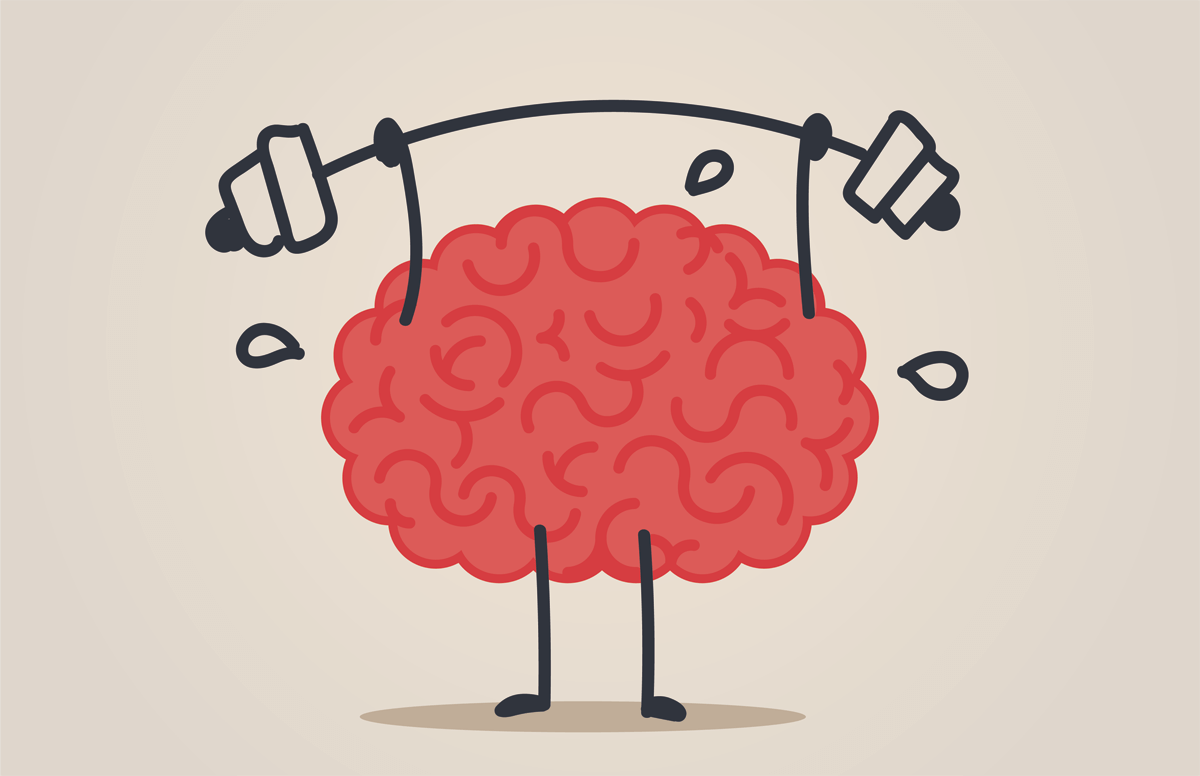The Best Way to Improve Brain Health
The first in a series of interviews with Longevity Innovators
(Advances in science and public health are increasing longevity and enhancing the quality of life for people around the world. In a series of interviews with the Milken Institute Center for the Future of Aging, 14 visionaries will be revealing exciting trends and insights regarding healthy longevity, sharing their vision for a better future. The Longevity Innovators interviews highlight new discoveries in biomedical and psychosocial science, as well as strategies to promote prevention and wellness for older adults. This is the first in the series.)

Renowned neurosurgeon Dr. Keith Black (chair of the department of neurosurgery and director of the Maxine Dunitz Neurosurgical Institute at Cedars-Sinai Medical Center in Los Angeles) has pioneered advances in our understanding and treatment of brain cancers and complex neurological conditions. Black is also a research scientist studying targeted drug delivery, cancer stem cells and Alzheimer's detection through retinal imaging, among many other areas. In an interview with the Milken Institute Center for the Future of Aging, Black talks about the importance of developing a test for early onset Alzheimer’s and his goal to inspire the next generation.

What is the most important thing that people should know about improving brain health?
People need to know how important lifestyle is to sustain health. Lifestyle, diet, exercise, moderating stress, making sure you get a good eight hours of sleep when you can, making sure you keep your brain engaged particularly in novel activities — all of these matter. You have to remember the brain is a living organism very much like a muscle — the more you use it, the stronger it becomes.
We need to treat our brains better. For example, try to avoid excessive alcohol and make sure that you screen yourself for diseases like diabetes and hypertension that can be devastating to the brain.
What will be the benefits of having a reliable test for early onset Alzheimer’s?
I think there’s a huge misconception that if you get Alzheimer’s or if you’re going to get Alzheimer’s, there’s nothing that you can do about it. And I think the science shows that that perception is incorrect.
We know two things now that address your question. The first is that Alzheimer’s starts about two decades before a person develops symptoms. During that period of 20 years, you’re losing brain cells, and you’re losing brain connectivity. If you can detect the disease at the very start, particularly before you lose enough brain cells to become symptomatic, we may have the ability to stop the process or at least slow it down and prevent an individual from becoming symptomatic.
If people are developing Alzheimer’s in their 50s and 60s, they are going to become symptomatic in their 70s and 80s. If you can slow the overall process and have people become symptomatic in their late 90s or 100s, you have the ability to essentially prevent the disease from being symptomatic in most of our lifetimes. That’s really the major reason to move towards early detection, because preventing brain loss is a lot easier than restoring brain cells once they’ve died.
The other reason people should be interested is that even though we don’t have a pill that can stop the progression, we know that Alzheimer’s also has a lifestyle component. The scientific evidence shows that lifestyle habits such as a Mediterranean diet, exercise, sleep, meditation and other types of mindfulness modify stress levels. We’re seeing that potentially even micronutrients like the omega-3 fish oils may be very important in slowing the progression of Alzheimer’s disease.
What’s your take on Pfizer ending research to find new drugs aimed at treating Alzheimer's and Parkinson’s diseases? How do you think it will impact ongoing research?
I think a lot of the trials that have failed for Alzheimer’s disease, including the Pfizer trial, could’ve been better designed and better developed. I think we have a lot to learn from the failure of those trials.
For example, how do we get the drugs into the brain more effectively? How can we better select the right population of patients to treat? I think addressing those potential reasons for the failures of those drugs will lead to successful therapies and hopefully successful approvals.

